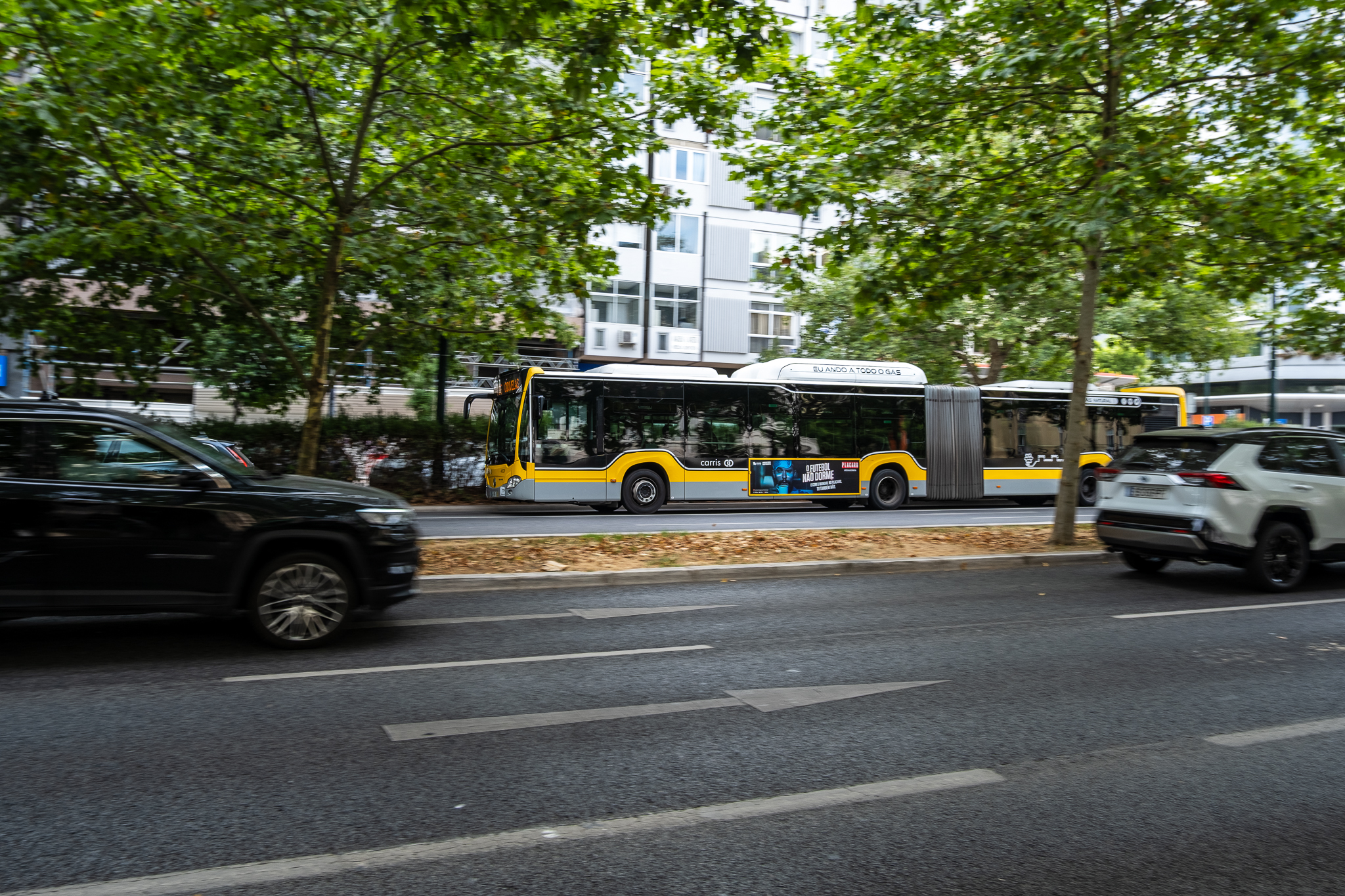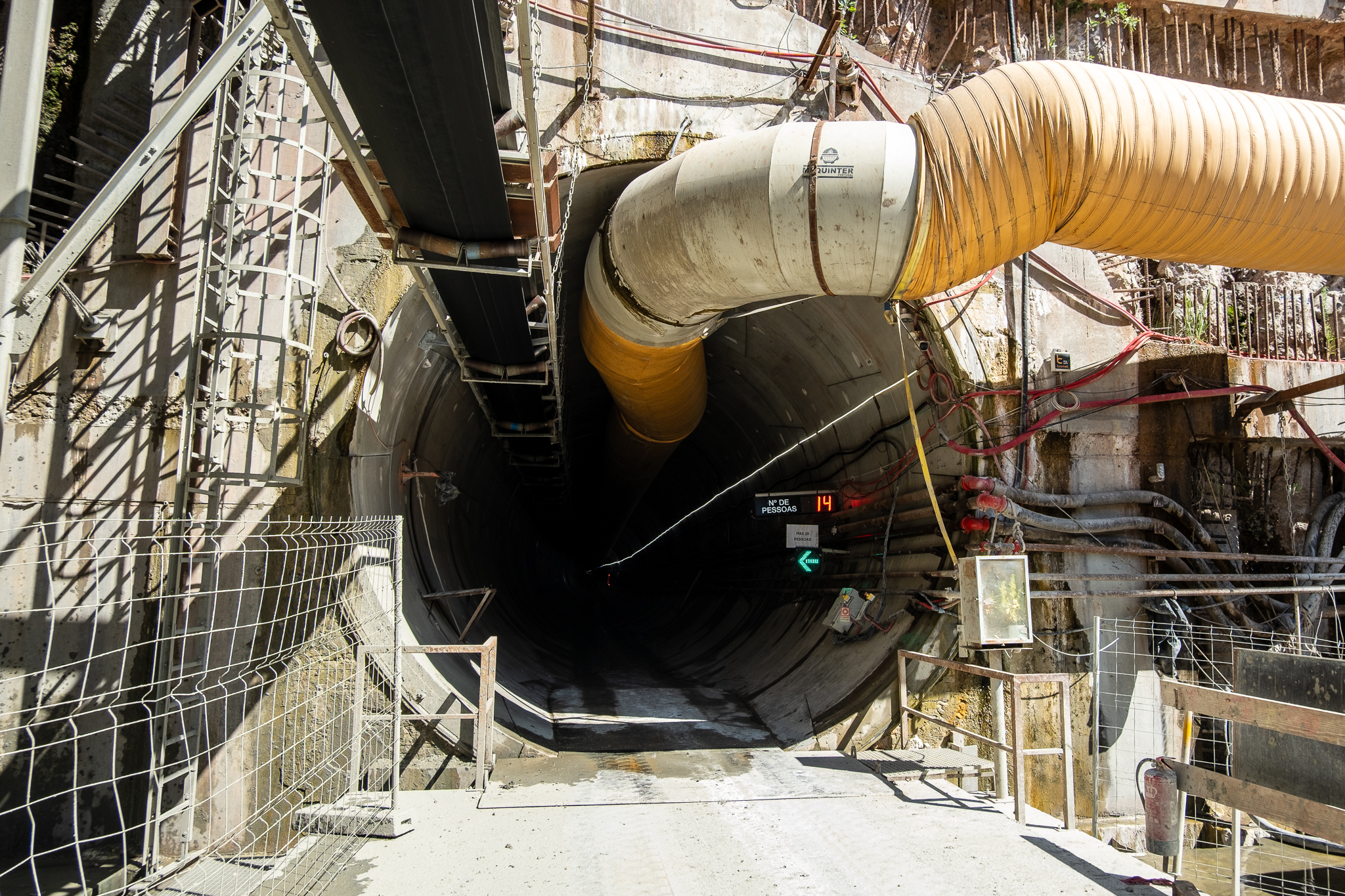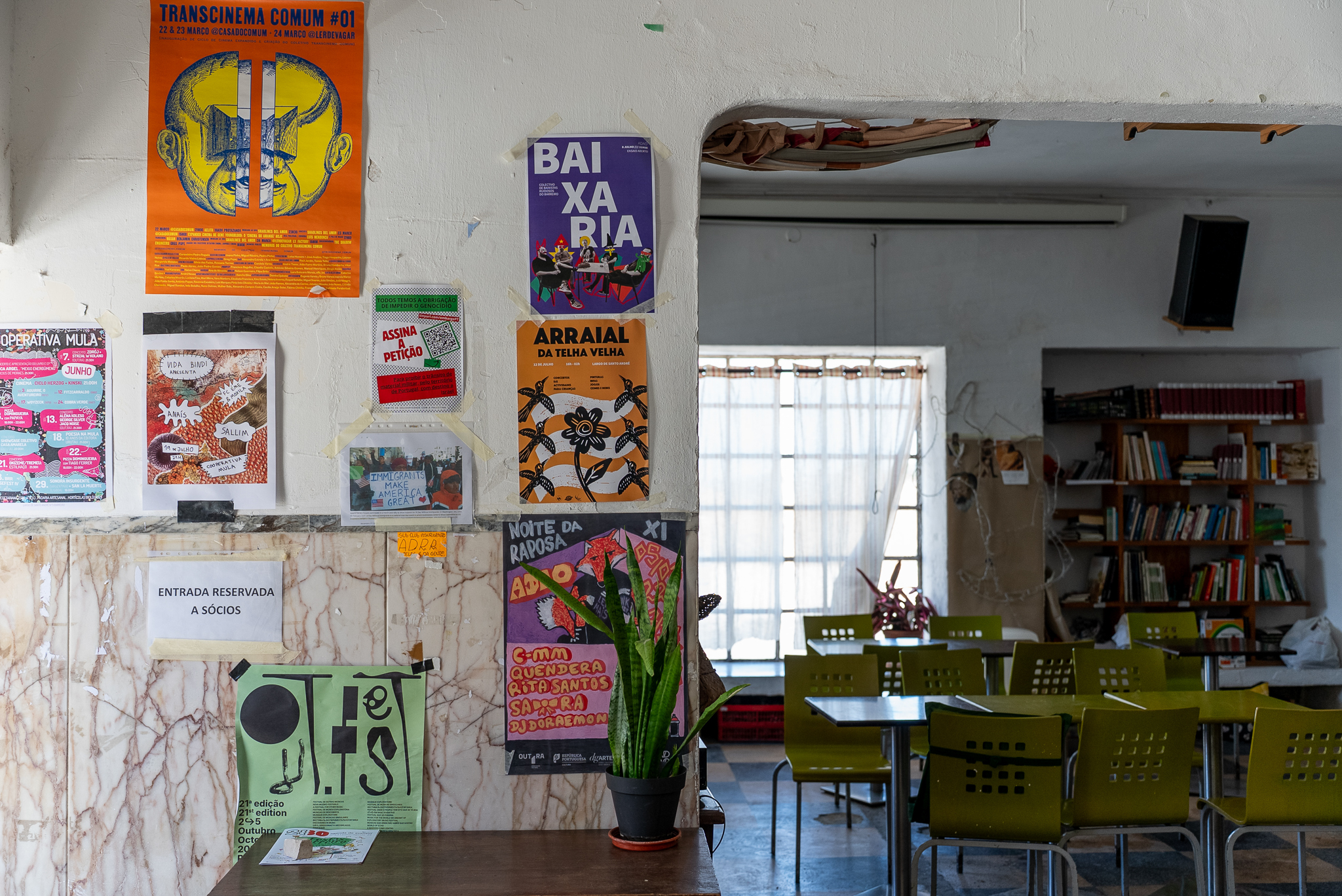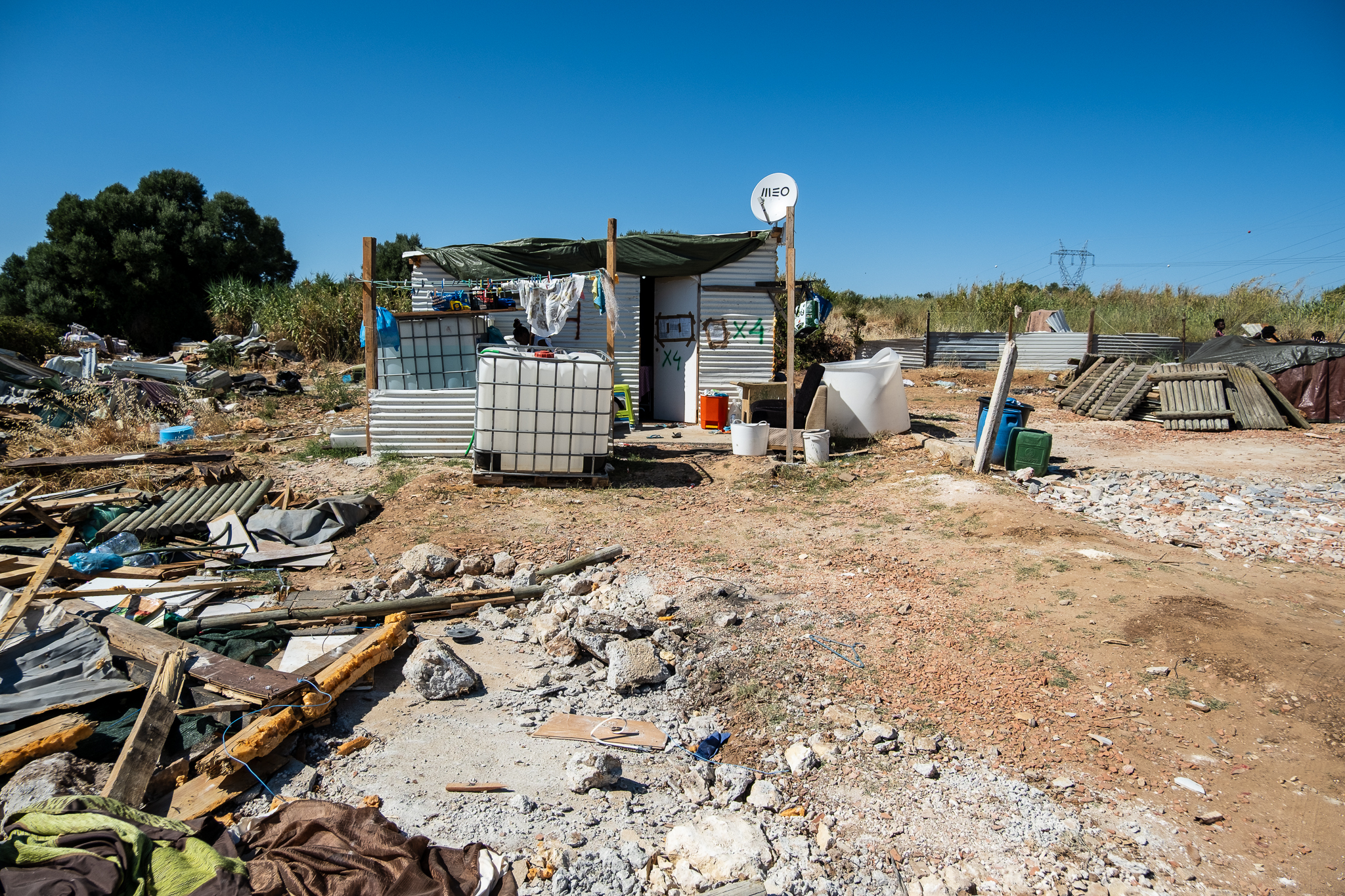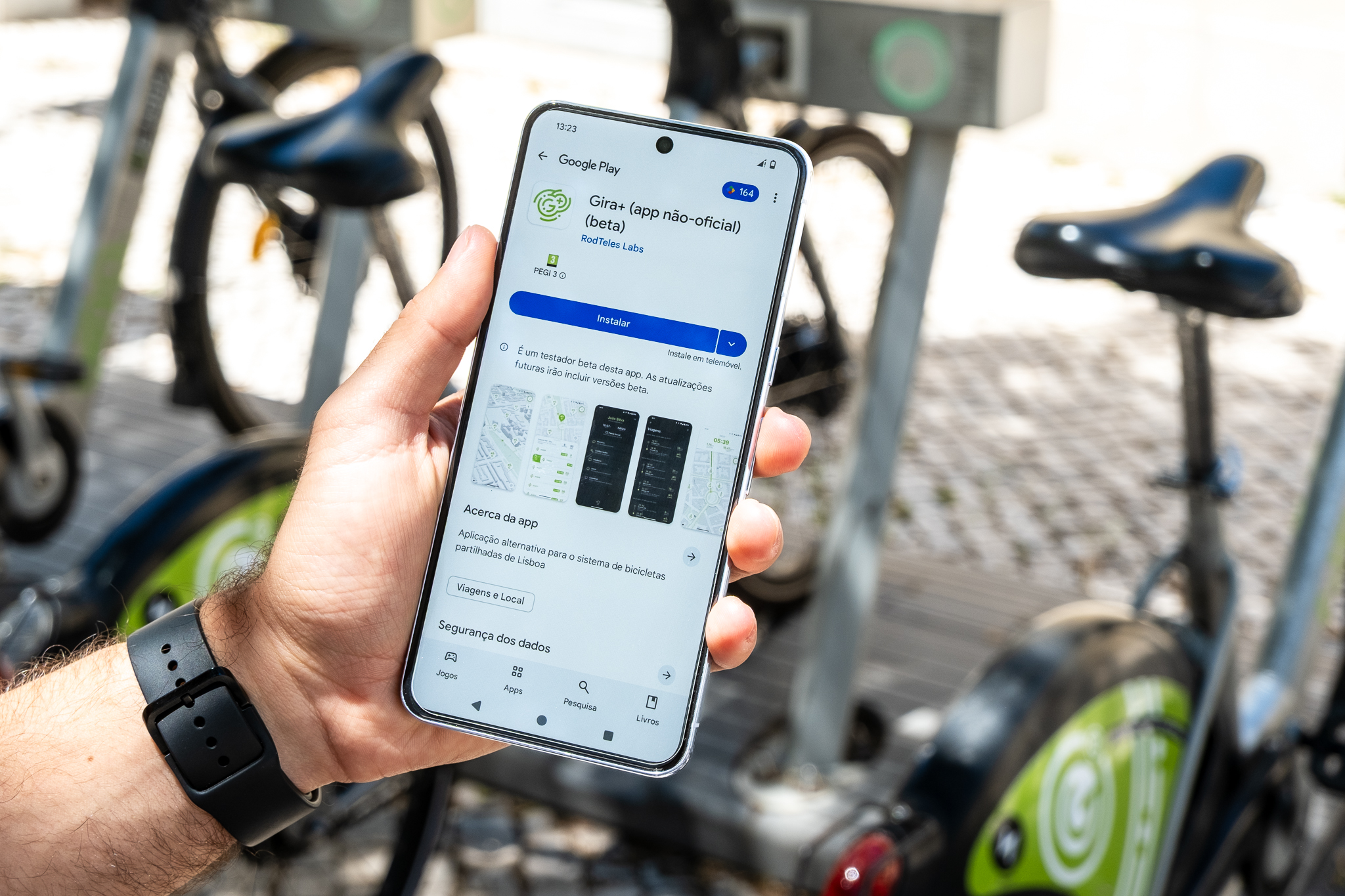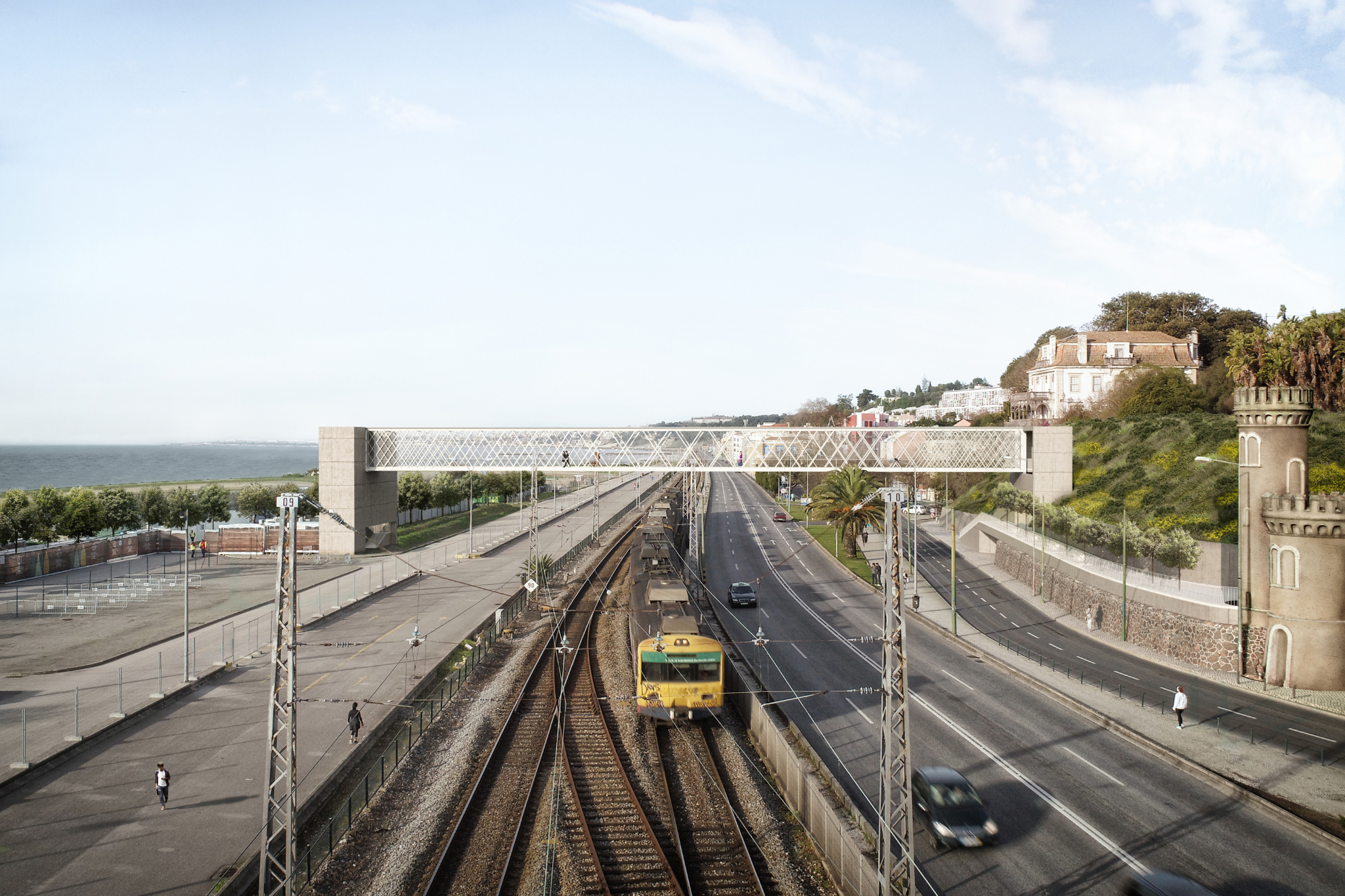The bus stops in Lisbon will get new shelters, the public toilets will double, and the amount of billboards and advertising panels in public space will be reduced.

Lisbon will have two thousand new shelters at public transportation stops, which will replace the old ones, the double the automatic public toilets e minus 50% for billboards. These changes are due to the new outdoor advertising concession contract between the Câmara de Lisboa and the French company JCDecauxspecialized in the manufacture and installation of street furniture with advertising spaces.
Since 1995, the urban furniture with advertising function in the city of Lisbon belongs to two companies - the result of two concession contracts: the JCDecaux and the Cemusa. This furniture includes billboards and advertising panels, but also the shelters at public transport stops in the city and some public toilets. The two contracts ended in 2015 and, since then, the Lisbon City Hall has been making additions (i.e., term extensions to the expired contracts).
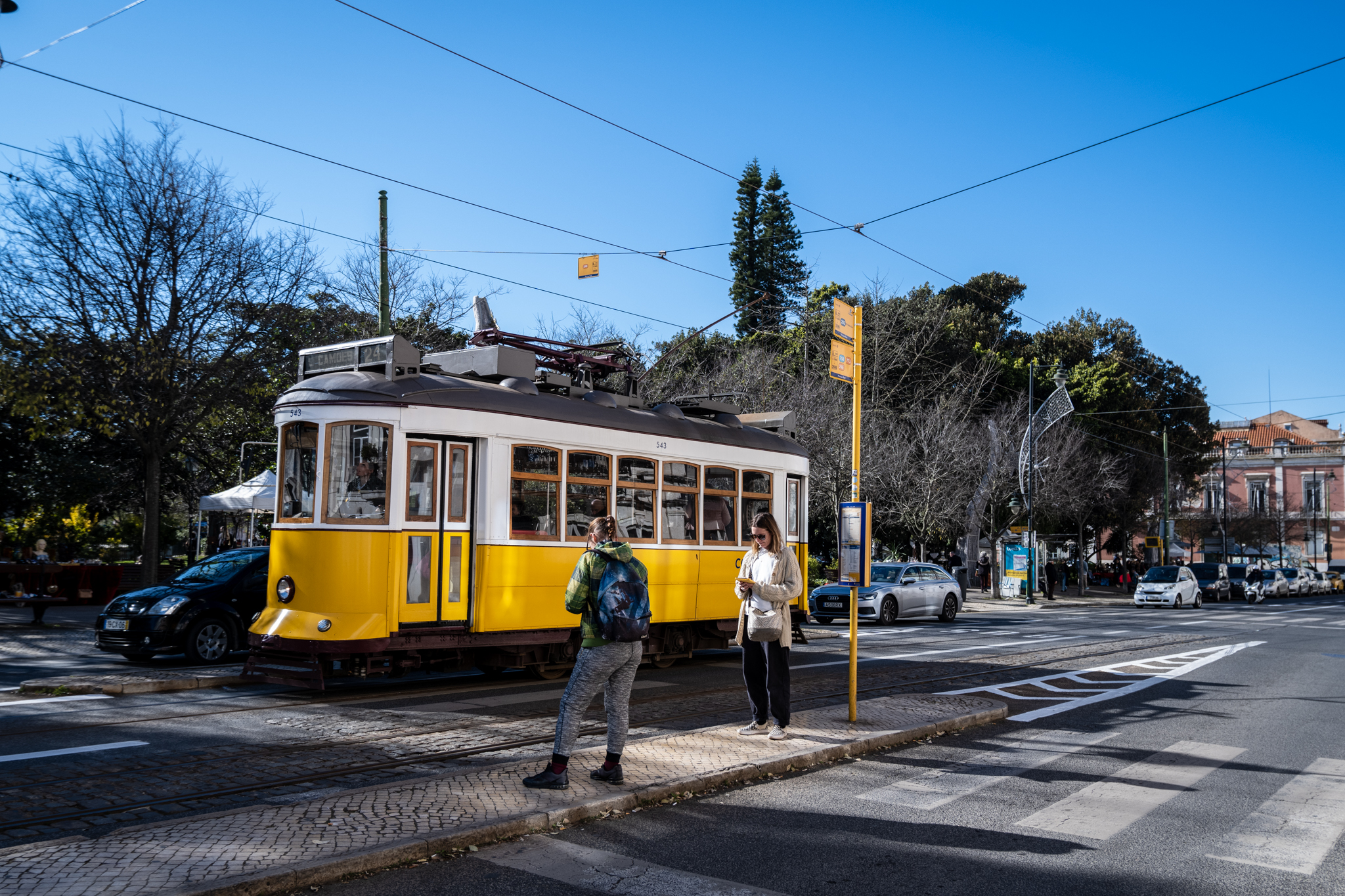
In 2017, the municipality finally launched a public tender to find a new concessionaire for outdoor advertising, and a year later selected JCDecaux as the winner. However, the new concession has been on hold since 2018 for legal and competition issues raised by the other participants in the contestwhich were only resolved after JCDecaux committed to subcontracting the company MOP - Multimédia Outdoors Portugal to supply part of the furniture.
In September 2022, the Lisbon City Council approved the draft of the concession contract with JCDecaux and its subcontracting of MOP, with two councilors abstaining (Livre and Cidadãos Por Lisboa) and the remaining 15 councilors voting in favor.
Following the new concession, the 1760 shelters at public transport stops will be replaced by new ones and 240 more shelters will be put up. All in all, public transportation passengers will now be able to count on 2000 shelters in Lisbon. According to JCDecaux and the concession contract, some of these shelters will have:
- USB ports for passengers to carry their equipment;
- WiFi networkIt is transmitted in a radius of at least 50 meters around you;
- a clock and a dial with the temperatureThere is also the possibility of installing other features, such as photovoltaic panels;
- small digital panels for information on schedules, waiting times, route destinations, warnings, and route changes;
- touch panels to search for useful information about the city.
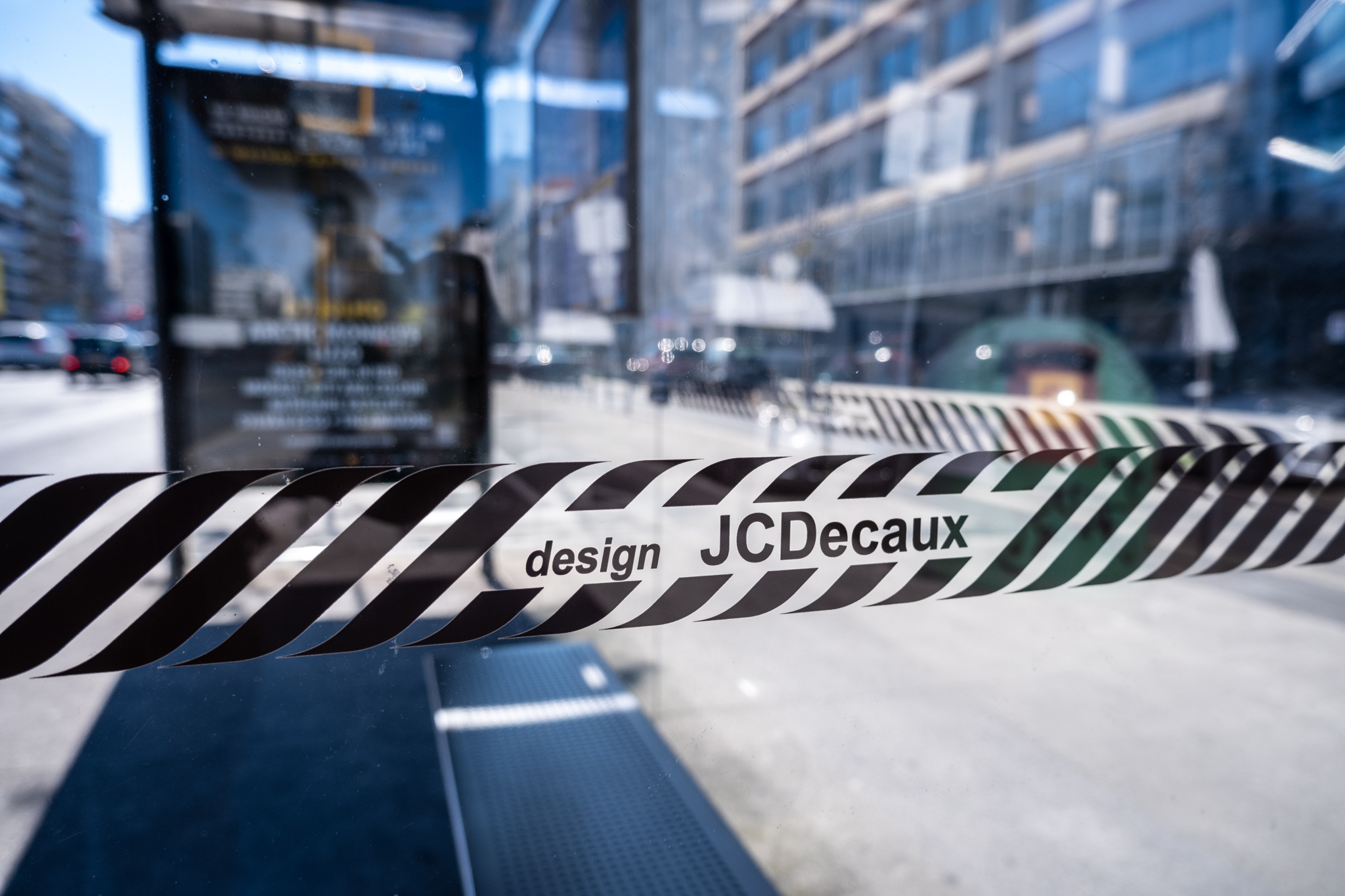
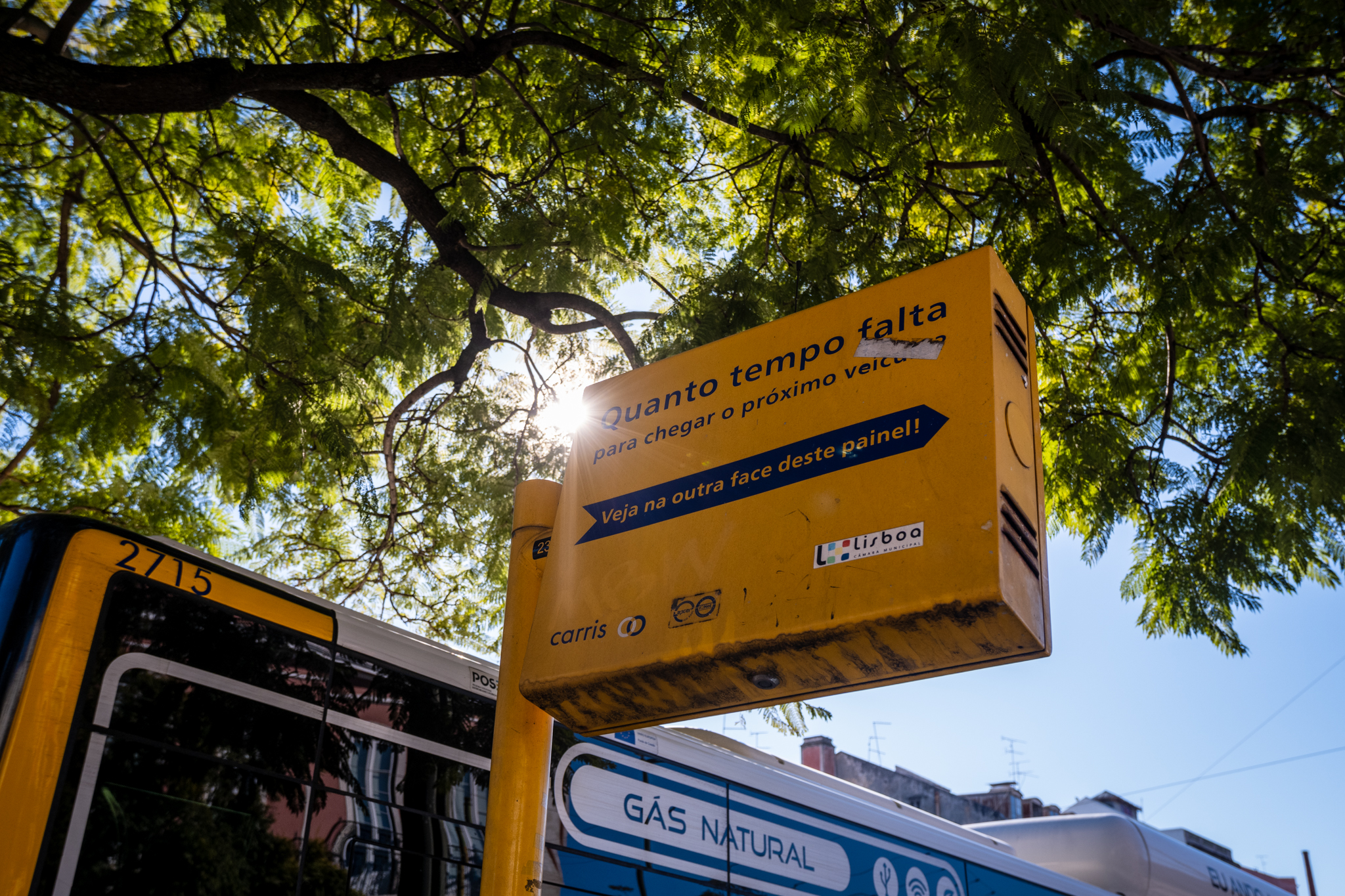
Regarding public toilets, the concession contract covers those that have advertising space. Currently there are 39 WCs of this type in Lisbon, according to data from the municipality; they are small toilets whose access is paid for through an automatic system. In the new concession is foreseen duplication of this equipmentwith the replacement of the 39 existing toilets by 75 new of which at least 10% will be prepared to receive people with reduced mobilitynamely in a wheelchair.
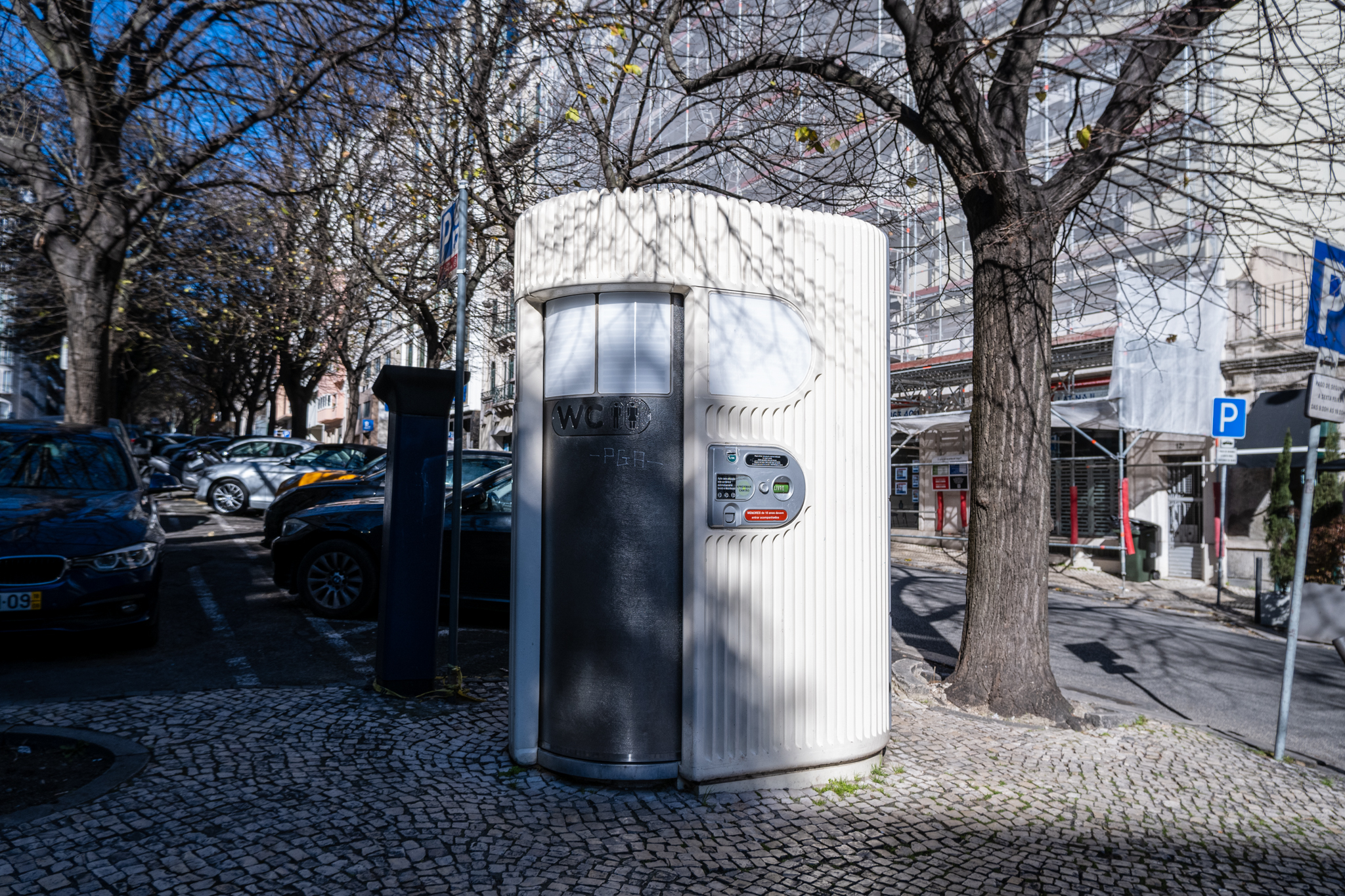
As for advertising, the new concession foresees a reduction in the order of 58% of mupis and similar. According to the municipality, "as a result of contract management over the last 20 years, there is a far greater number of advertising positions in the city of Lisbon than is appropriate, both from an aesthetic and economic point of view (which represents a potential loss of revenue for all parties involved)". A total of 1025 advertising spaces are planned, of which 900 will be mupis (250 of these will be digital) and 125 will be large format digital panels. "With this new contract, JCDecaux ensures greater discipline of public space, with greater orderliness and fewer billboards"says the French company, adding that there will also be "a greater visual harmonization of the city, with the homogenization of the design of street furniture."
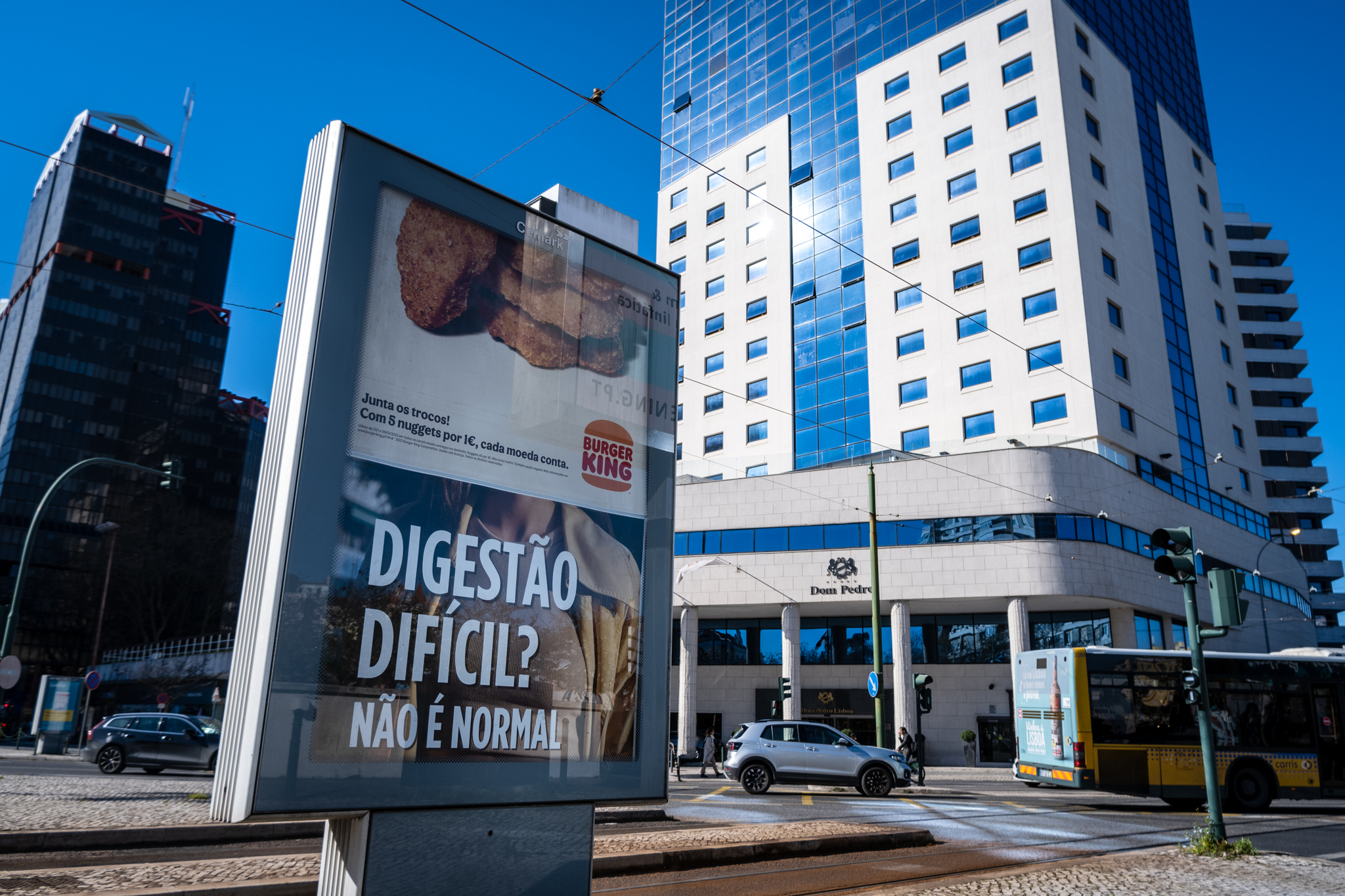
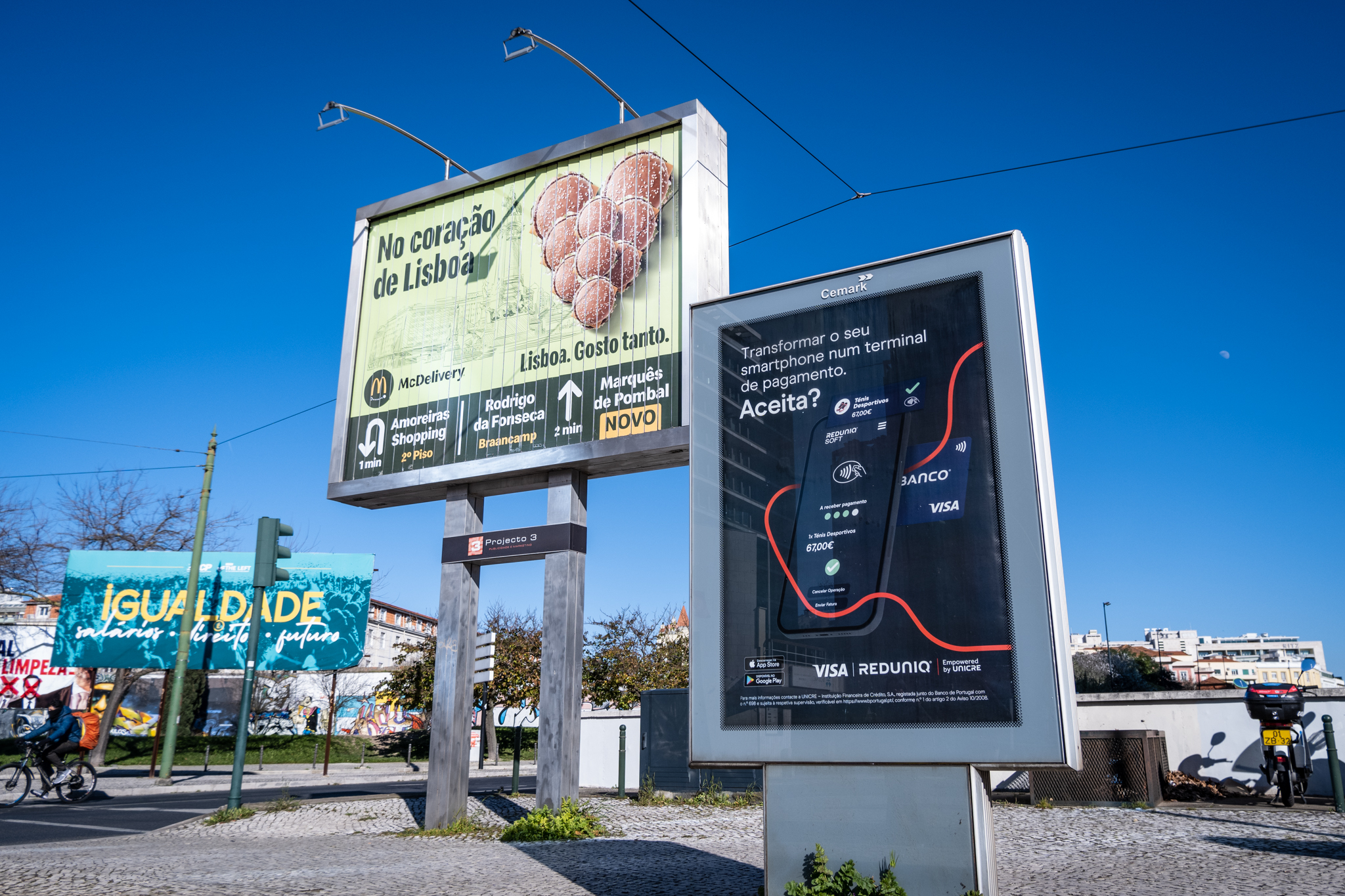
In summary, the new contract provides:
| Type of furniture | Current contracts | New contract | Difference |
|---|---|---|---|
| Shelter at a public transportation stop | 1760 shelters | 2000 shelters | +240 |
| Automatic public toilets | 36 toilets | 75 toilets | +39 |
| Mupis and similar | 2451 mupis | 1025 mupis | -1426 |
According to the municipality, the current furniture "features several distinct shapes and design"There are about 30 different models, "which substantially harms the public space". "To overcome this problem, the new contract will impose and guarantee the standardization of formats and design, going to only 5 models. This way, the furniture will assume a unique identity and will not overload the urban space of the city, which should be ensured throughout the contract". The Lisbon Chamber also points out that "the current equipment is more than 25 years old, being naturally obsolete, with evident wear of the original material by use and with outdated design, besides not being suitable for the implementation and use of new technologies (wifi, USB connections, digital information, etc.), aspects that the new contract aims to fill".
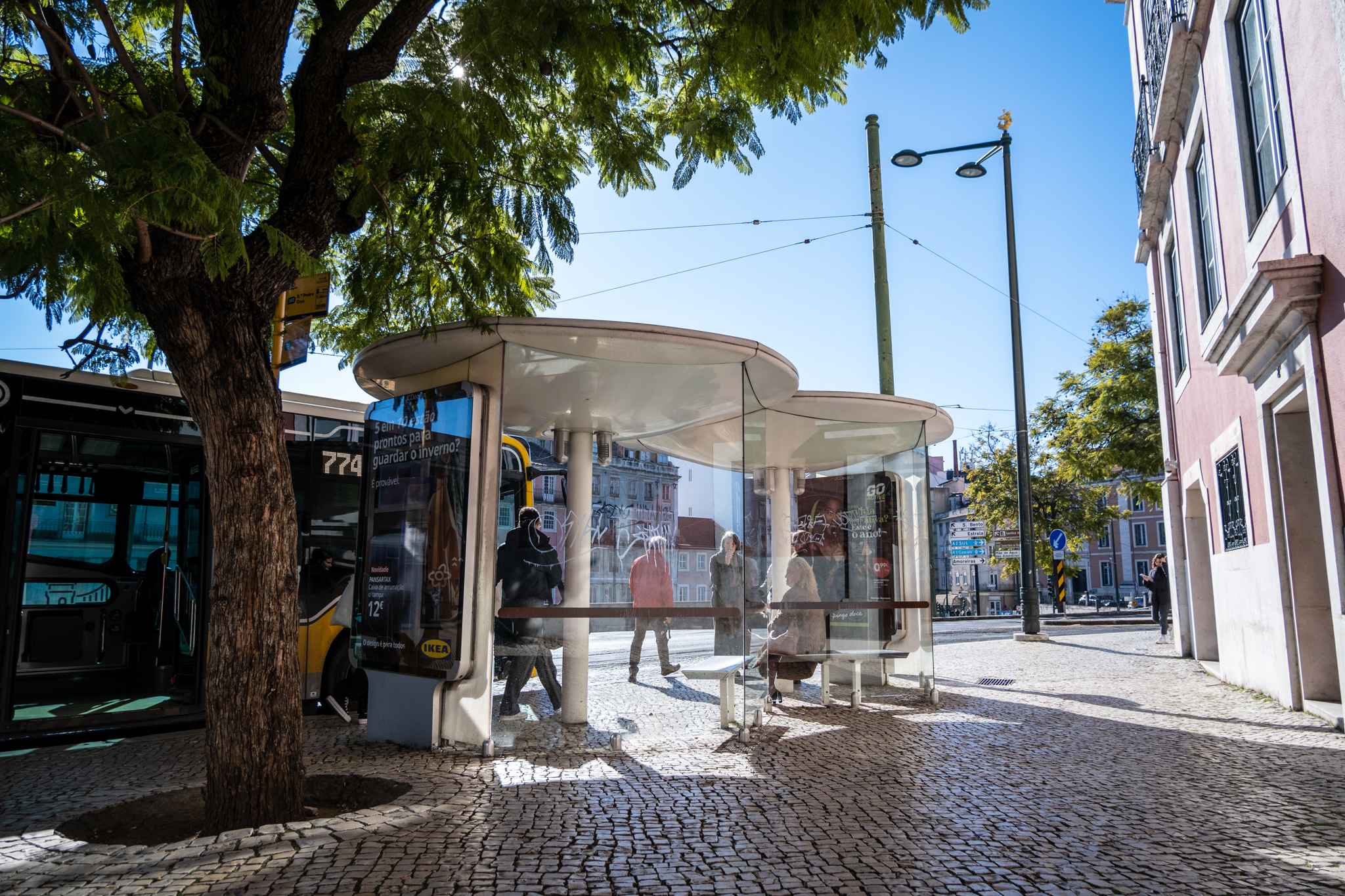
Lisbon City Hall will count on the following equipment for its institutional communication: 40 removable mupis, 20 digital mupis and 5 large format digital panels. "This equipment allows the municipality to have at its disposal a real-time communication platform in order to inform citizens with news, events or projects of a social, sports or cultural nature, as well as in cases of emergency"JCDecaux points out.
The concessionary clarifies that all the new equipment will have LED lighting "with the use of detergent", which "100% of the material is subject to recovery processes" (reuse, recycling, etc.) and that it will be powered by energy captured by photovoltaic panels. JCDecaux says it is committed globally to reducing its carbon emissions relative to the electricity consumption of its street furniture.
The new concession will earn the municipality 8.3 million euros annually. Currently, the municipality receives just over 2 million for the two concessions.

